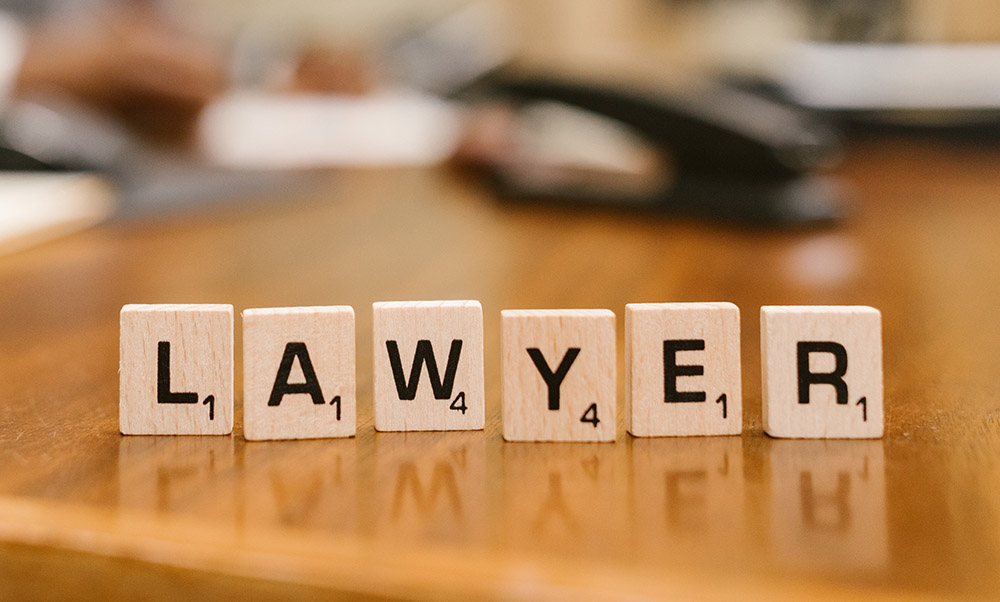
Certified Copies of Important Orders
Introduction
Certified copies of important orders in a court case are crucial for various reasons. These copies serve as official records that accurately represent the decisions and rulings made by the court. This article delves into the significance of obtaining certified copies of important orders, discussing their uses, benefits, and the process involved.
1. Ensuring Accuracy and Integrity
Certified copies of important orders ensure accuracy and integrity in the legal process. These copies are authorized reproductions that accurately reflect the language and content of the original orders. They provide an official record of the court’s decisions and rulings, minimizing the risk of errors or misinterpretations.
2. Establishing Legal Rights and Obligations
Certified copies of important orders play a crucial role in establishing legal rights and obligations. These orders often dictate the actions parties must take or refrain from taking. By obtaining certified copies, parties can refer to the specific language and details of the orders, ensuring compliance and protecting their rights.
3. Facilitating Appeals and Review
Certified copies of important orders are essential for appeals and review processes. Parties seeking to challenge or appeal a court’s decision require accurate and authenticated records of the original orders. Certified copies serve as the foundation for presenting arguments and building a case during the appellate or review stage.
4. Enforcement of Orders
Certified copies are essential for enforcing court orders. When a court issues an order requiring specific actions, parties may need to provide certified copies to relevant authorities, such as law enforcement agencies or financial institutions. These copies serve as proof of the court’s directives, facilitating compliance and enforcement.
5. Reference for Future Proceedings
Certified copies of important orders serve as references for future proceedings. They provide a historical record of the court’s decisions, which can be relevant in subsequent cases or hearings. These copies help establish precedents, assist in legal research, and guide future interpretations of the law.
6. Compliance and Documentation Requirements
Certified copies fulfill compliance and documentation requirements. Various institutions and entities may request certified copies of court orders to verify legal actions, settle disputes, or fulfill regulatory obligations. For example, government agencies, financial institutions, or licensing bodies may require certified copies as part of their processes.
7. Preserving the Original Orders
By obtaining certified copies of important orders, parties can preserve the original orders. This helps protect the originals from loss, damage, or deterioration over time. Certified copies ensure that the content and intent of the original orders are preserved while providing a practical means of access and reference.
Conclusion
Certified copies of important orders in a court case are invaluable, ensuring accuracy, establishing legal rights and obligations, facilitating appeals and review, aiding in the enforcement of orders, serving as references for future proceedings, fulfilling compliance and documentation requirements, and preserving the original orders. These copies provide a reliable and authenticated record of the court’s decisions, contributing to a fair, transparent, and efficient legal process. Obtaining certified copies is essential for parties involved in a case, enabling them to protect their rights, comply with legal obligations, and navigate subsequent proceedings effectively.
